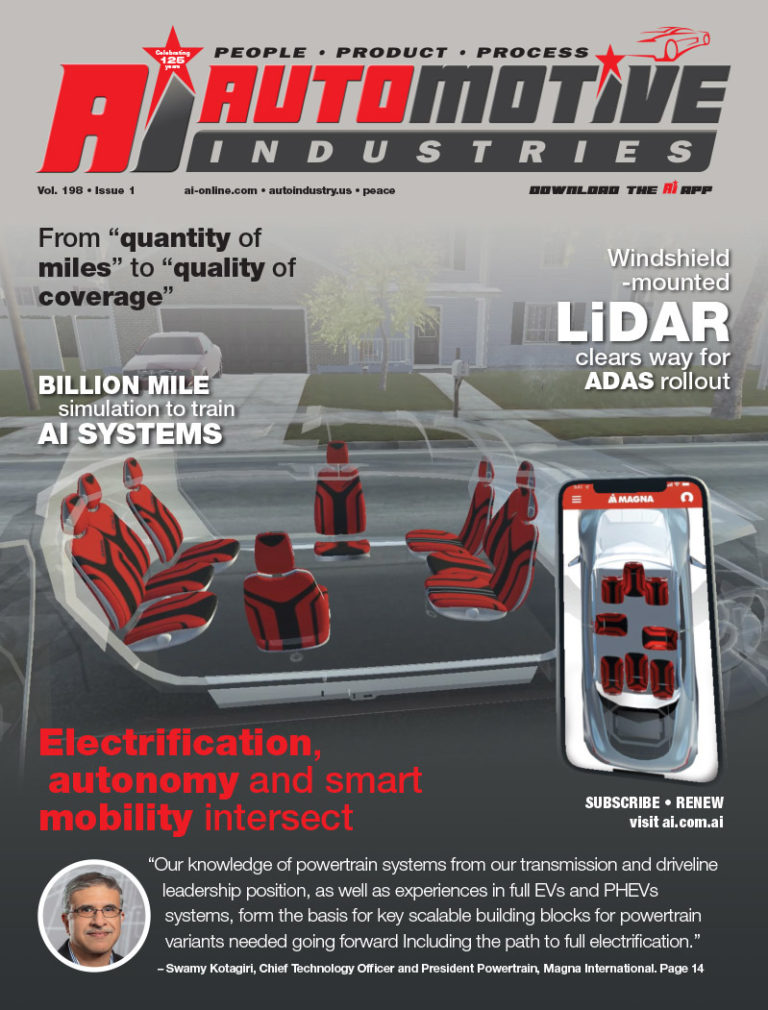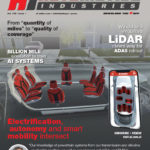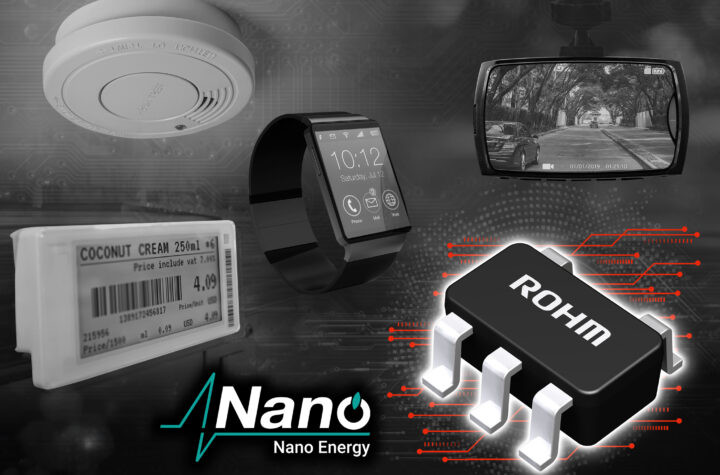The Redmond, Washington-based Data I/O Corporation is the leader in the device programming industry. It manufactures semiconductor device handling and programming systems to the automotive electronics, wireless and consumer product industries. The company prides itself in the number of successful automated system installations at automotive electronics manufacturing companies. Data I/O’s Application Integration Services teams help customers fully integrate their programming solutions into the customer application.
Last year, the company unveiled its new Automotive Performance Programming System (APPS). The automotive solution was based on the PS Series platform and is tailored for automotive original equipment manufacturers as well as Tier 1 and 2 makers of automotive electronics systems. The automotive electronics market is expected to touch USD 35 billion by 2010.
“The Automotive Performance Programming System grew out of our work with automotive customers such as Lear, Hella, Bosch, Delphi, Visteon, Siemens VDO, and Kostal that were shifting from the use of mask-programmed microcontrollers to the use of programmable microcontrollers and Flash memories. In many of these companies, the design and production engineers were unfamiliar with the issues related to data file management, firmware control, and the creation of secure production processes with programmable devices. The APPS clarifies the process and helps bridge the gap between the NPI (or Advance Manufacturing) teams and the production floor,†said Fred Hume, chief executive officer, Data I/O Corporation in an earlier interview to AI.
According to the company, the high demand for drive-by-wire, entertainment, driver assistance, and added safety features is driving a surge in the development of embedded systems. But these systems must meet exacting requirements for reliability and security. The software embedded in the microcontrollers will change over time as a result of bug fixes and feature enhancements. For Data I/O, the challenge is to have the capability to tailor software to regional requirements.
“So, we are entering a new phase in the life cycle management of these systems when we have to support globally disintegrated product development and production while maintaining tight control over software quality and version control. (For example) we have developed a solution for one automotive customer that needs to test an ECU and then reprogram the microcontroller with the appropriate calibration corrections without taking the module off the line. In another example, we have developed a customized device serialization program that supports digital rights management in electronic media systems. This application is particularly important to manufacturers of infotainment systems,†said Hume.
Today, the company is continuing to grow its worldwide automotive customer base. Automotive Industries spoke to Harald Weigelt, VP, Worldwide Sales and Marketing, Data I/O Corporation.
AI: Please tell us about how successful Data I/O has been with the automotive industry in Europe, Asia and the Americas.
The company has long operated in Europe, Asia, and the Americas and has developed a world-class customer base of industry leaders. We have installed hundreds of automated handling / programming systems, many of them with automotive companies including OEMs, Tier 1 providers, and commercial programming centers. For some time, the prevailing applications in Europe have been automotive in nature. We are connected with the automotive design centers at the semiconductor manufacturing companies so we know what devices are being design in and are also well-connected with the production managers in the manufacturing companies.
AI: What can Data I/O offer customers of Renesas and NEC microcontrollers as compared to your competitors?
Data I/O has long-standing preferred partnerships with the leading device makers. That means we are informed of new devices and technologies before they are released to the marketplace. Our semiconductor partners also inform us of new designs so that we are able to assist those customers transitioning their early design work to production volumes. Our FlashCORE technology is optimized for Flash memory and microcontroller devices and there is no faster or more accurate platform available.
AI: Please tell us about Data I/O’s new strategies and products in programmable electronics for the automotive industry.
Data I/O’s automotive offerings are far more than just device programming. The company is recognized for providing far more application support than processing devices through a handling station. For example, if the customer has a coplanarity inspection need, we offer that capability integrated into our systems so the user need not have those support headaches. Our customer needs for quality, traceability, and configuration management are supported in a number of application software programs that are included in our automotive systems. So, leading in this marketing is about providing complete solutions not just a device programming station.
AI: Please tell us a little about Data I/O’s device programming solutions for the automotive industry.
Data I/O offers a range of automated solutions that support different customer volume and mix requirements, including small desktop systems to larger offline systems that handle a variety of device media (such as trays, tape in, and tubes). Data I/O is the only solutions provider with an automated inline solution that connects directly to the SMT placement machine for mounting devices on PCB assemblies. These systems can be operated locally or network attached and monitored so business managers can have real time information on system utilization. These systems are members of what we call our FlashCORE family.
AI: How successful has the company been in adapting products to regional applications? Please give us some examples of how Data I/O has managed to do that.
At a Portuguese automotive manufacturer, the DVD player storage application changed from a hard drive to a high density memory chipset. The Data I/O automated system was found to be the most efficient and easiest for operators to use to load data files to the chipset media.
An Austrian automotive electronics producer was able to achieve a dramatic reduction of work in process inventory and logistics for payback <90 days because the Data I/O automated handling system uptime was so high that WIP was not required for production cycle variations. At a German R&D headquarters, the concern for protection of intellectual property (because of production in Asia) meant the data files were encrypted by headquarters and de-crypted on the Data I/O production system at the point of manufacture. At an American automotive manufacturing company, the customer offloaded program / test functions from ATE systems to Data I/O offline system to free up process capacity on expensive ATE systems. At a German automotive producer with high speed SMT lines, Data I/O’s JIT inline programming systems were mounted directly on the component placement machines to replace the previous offline process and reduce inventory float. AI: How is Data I/O positioned for future growth with automotive manufacturers? The vast majority of our customers are repeat users of our automated systems. Data I/O is the preferred provider among the industry leaders and is expanding system installations among different groups within our customer organizations. For example, our initial successes at Siemens VDO in Germany have been replicated in the Americas and most recently in Korea – while the applications there vary somewhat, the users are extracting similar business benefits from our automated solutions.














































 Metronor: Answering a twin challenge
Metronor: Answering a twin challenge



